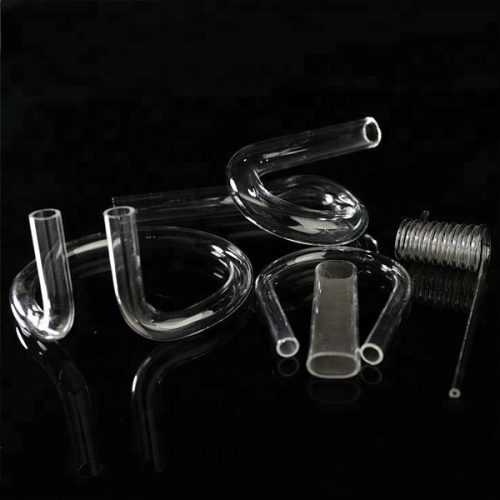Sustainability is a growing concern in today’s world, and industries are increasingly looking for eco-friendly alternatives. Borosilicate glass tubing has emerged as a material that not only offers outstanding performance but also aligns with sustainability goals. In this article, we’ll explore the environmental impact of borosilicate glass tubing and how it contributes to sustainability efforts.
Recyclability
One of the most compelling aspects of borosilicate glass is its recyclability. Unlike many other materials, glass can be recycled indefinitely without losing its quality or purity. This feature significantly reduces the need for raw materials, conserving energy and resources. The recycling of borosilicate glass tubing helps to decrease the carbon footprint associated with its production.
Durability and Longevity
Borosilicate glass is renowned for its durability. Glassware made from borosilicate tubing lasts a long time and can withstand the wear and tear of repeated use, reducing the frequency of replacement. This longevity minimizes waste, as fewer materials are discarded, contributing to a more sustainable approach in various applications, from laboratory equipment to glass art.
Chemical Inertness
Borosilicate glass’s resistance to chemical corrosion is another sustainability advantage. This property ensures that the glass does not react with the substances it comes into contact with, preventing the release of harmful chemicals or toxins into the environment. This makes it an environmentally friendly choice, especially in industries like pharmaceuticals, where the purity of materials is critical.
Reduced Energy Consumption
The high thermal stability of borosilicate glass allows it to withstand extreme temperatures. In manufacturing, this property is leveraged to reduce energy consumption. For instance, the glass’s ability to endure high-temperature processes, like annealing, contributes to energy efficiency in production, lowering the environmental impact of manufacturing.
Recycled Content
Many manufacturers are increasingly incorporating recycled borosilicate glass into their products. By reusing glass materials, they reduce the demand for newly sourced raw materials. The use of recycled content contributes to sustainability efforts by conserving resources and reducing the energy required to create new glass products.
Packaging and Transportation
Borosilicate glass is a common choice for packaging and storage in various industries, from food and beverages to pharmaceuticals. Its inert nature ensures that products are preserved without contamination. Glass packaging is also sustainable in terms of reducing single-use plastics and lowering the environmental impact of packaging disposal.
In conclusion, borosilicate glass tubing’s sustainability and positive environmental impact are noteworthy. Its recyclability, durability, chemical inertness, reduced energy consumption in manufacturing, and the increasing use of recycled content all contribute to a more eco-friendly approach. When used in packaging and other applications, borosilicate glass helps reduce waste and limit the environmental footprint. As sustainability continues to gain importance in various industries, borosilicate glass tubing emerges as a responsible and reliable choice for those seeking to balance performance and environmental impact.


